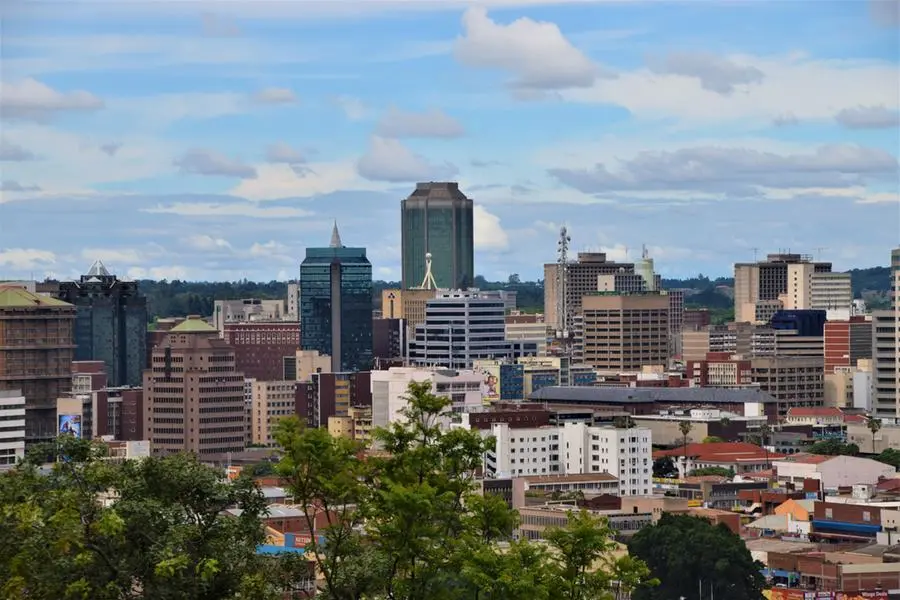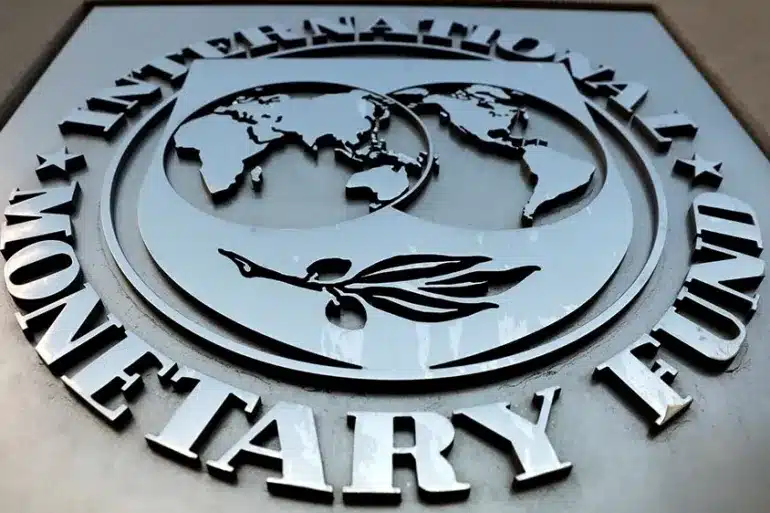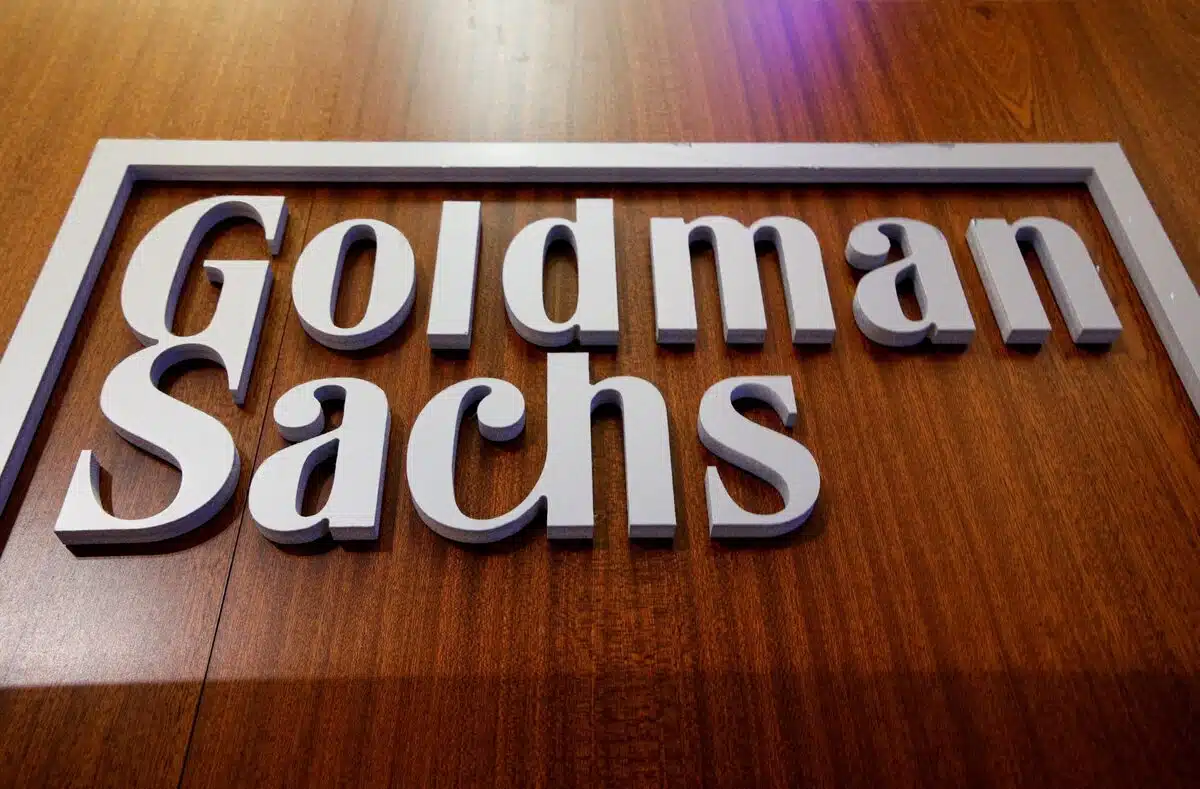Ghana’s annual inflation slowed for the seventh straight month in July, dropping to 12.1% from 13.7% in June, the lowest level since October 2021, according to data from the Ghana Statistical Service (GSS).
The figure represents a 1.6 percentage point decline from the previous month and an 11.7 point drop from the December 2024 peak of 23.8%.
The decline comes as the Bank of Ghana (BoG) resumes monetary policy easing after nearly a year of leaning towards caution. In July, policymakers cut the benchmark lending rate by 300 basis points to 25% from 28%, citing market improvements in macroeconomic stability.
“Macroeconomic conditions have significantly improved. Inflation expectations are broadly anchored,” said Johnson Asiama, the BoG governor, during a press briefing. “External buffers have strengthened, and confidence in the economy is returning.”
In the first half of 2025, the cedi appreciated by more than 40% against the US dollar, making it the strongest-performing currency globally this year.
Prices rose by 0.7% between June and July. “It’s a minor bump, but households are still noticing it,” said Alhassan Idrissu, the government statistician, on Wednesday.
This uptick indicates that while the pace of price increases is slowing, costs continue to climb.
Food inflation, which has been the most stubborn driver of overall price growth, eased to 15.1% in July from 16.3% in June. The category still accounts for more than half of the headline rate, though monthly food price growth slowed to 0.6%, reflecting one of the most notable improvements in food price stability in recent years.
Non-food inflation, covering housing, transport, healthcare, and education, recorded a sharper slowdown to 9.5% from 11.4% in June. This segment contributed about 45% to the overall inflation rate and reflects a faster pace of disinflation. On a monthly basis, non-food prices rose 0.7%.
The central bank now expects headline inflation to reach its 6–8% target band by the end of 2025, earlier than previously forecast. If the current trend persists, the target could be met comfortably, reinforcing the case for further rate cuts in the months ahead.
Supported by a disinflation trend and steady macroeconomic gains, some experts now see Ghana’s economy growing beyond the earlier 4.8% forecast for 2025.










